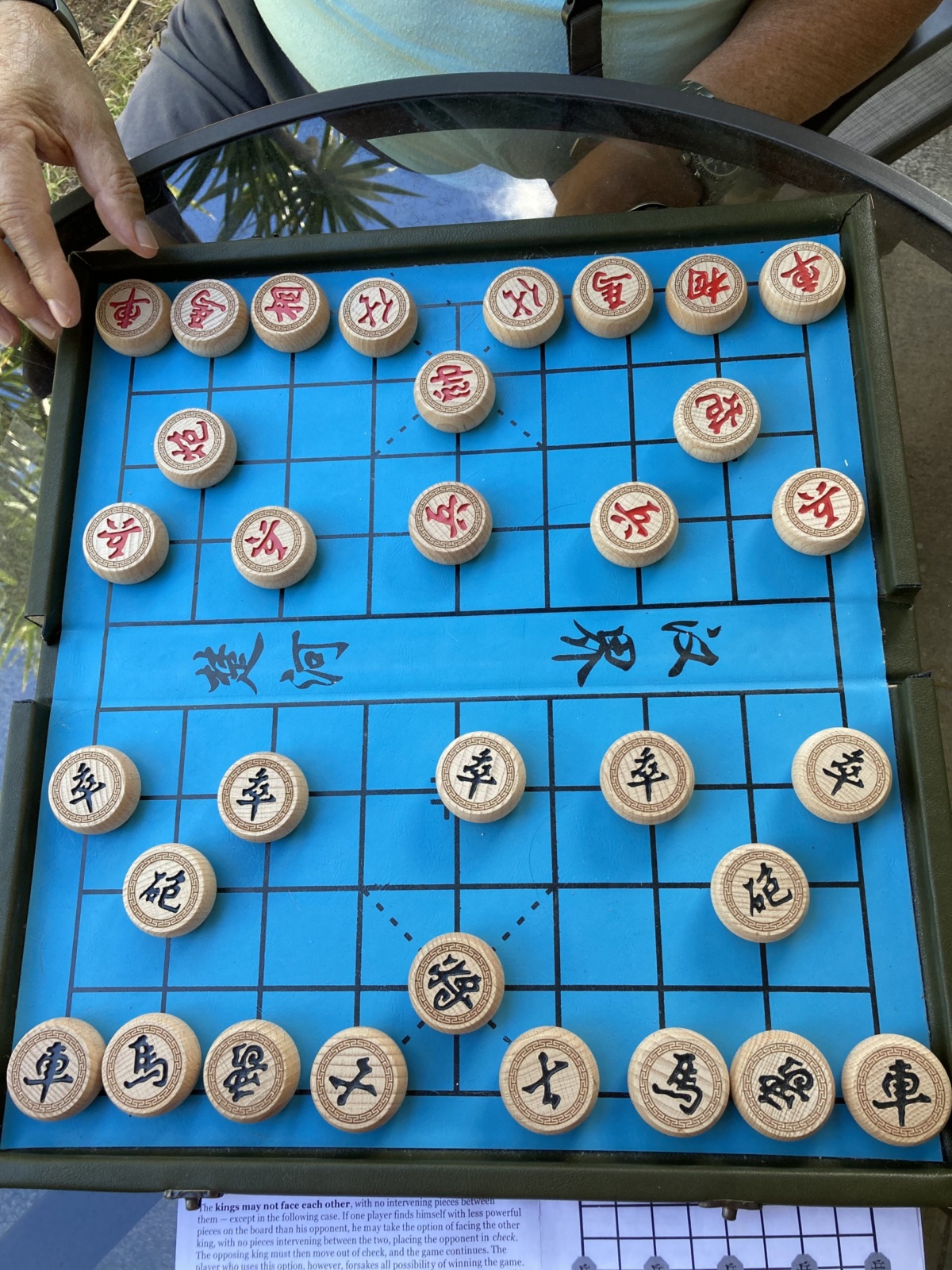When you are divorcing you are scrambling to check off everything you need to do to get to the next step. You understand there’s a safe harbor out there beyond the horizon, but it’s as if you are setting off to sea with no clear map, only an idea of the destination. There are also rumors milling about that the globe is flat and you have been warned you could fall off at any time.
You don’t know how you do it, but you manage to move forward. You ask people for help. You figure out the steps. You are moving to a resolution and you are aware that you have to get to the end. You would like to sprint, but are starting to feel it’s a marathon ahead.
Remember that as this process is unfolding you have to take time out to simply breathe.
I’ve taken different kinds of physical exercise classes in my lifetime, from dance to martial arts to yoga to weightlifting. At one point or another, they all address the idea of breathing properly.
I’ve been told to breath in with my nose, out through my mouth
Count my breaths.
Touch my tongue to the roof of my mouth on the exhale.
Quickly exhale from my lower belly.
Slowly exhale from my lower belly.
Breathe in and out through my nose.
Breathe in my breath and focus on sending to other parts of my body.
Close my eyes and breathe in.
Open my eyes after I breathe out.
Breathe fast.
Breathe slow.
Breathe in the dark.
Breathe and imagine my third eye.
Relax my shoulders and breathe.
Take big breaths.
Avoid breathing in and out through my mouth.
Make a sound while breathing out.
They are all correct. About a month ago I realized that after I popped up on the surfboard I was holding my breath.
I have since corrected that, but I sometimes remind myself to breathe by using an exhale sound a Tang Soo Do instructor Master Jang once taught me, it’s a bit like this on the exhale: SHHOOOOOPPP.
I was fascinated to discover that for months I had been popping up on my surfboard and frequently not breathing. It explained a lot. It also made me think about why I would do this.
The truth is we hold our breath when it feels unsafe to breathe and we know we will be able to hit the surface and find space to relax. Holding our breath is never meant to be permanent. It’s a momentary action, an anticipation of eventual release.
Existing in terrible marriage before divorce was like holding my breath. I was drowning, but refused to surface. If you have been used to holding your breath you often don’t believe that the air is available.
For me, to divorce was to breathe.
When we begin our divorce we can finally exhale—we are free of the indecision surrounding whether or not to divorce! Then comes the second breath. We may have to think about our second breath. And third.
Eventually, normal breathing returns. But there are places and moments where we still hold our breath. Because this is body memory at work. For me, there was no history of surfing while married. But I realized that I was holding my breath surfing because once more, I was in a situation that I felt I could not control. Holding my breath stiffened my body. It limits fluidity and agility. Indeed when the air and water that exists within you becomes porous with the exterior world and achieves an equilibrium wherein you become inseparable from the very moment and state you are in, this is the ideal state. Holding my breath created a protective wall between my interior and exterior world, but it did not allow me to relax.
Take some time during the divorce process to think about your breathing. See how a minute of being conscious of your breathing feels. You will do all that you need to do and holding your breath will not keep you safer. It will not make the divorce go more smoothly. Holding your breath will only make it more difficult for you to feel in control—your body stiffens.
Breathe in. Breathe out. Everything Will Be Fine.





